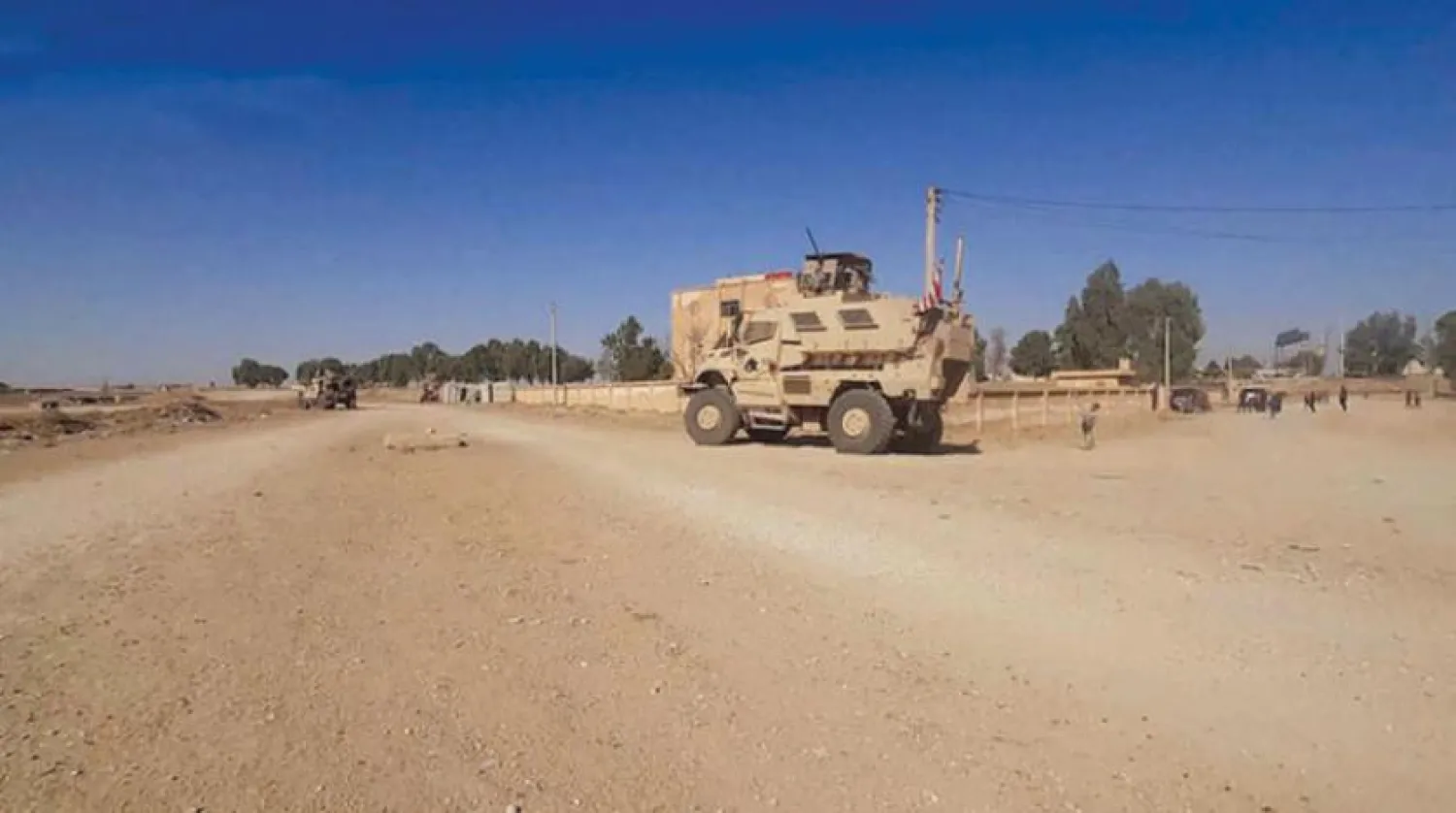Washington and Moscow have recently expanded their military movements east of the Euphrates in Syria. Paving the way to establish a new base in the al-Hasakah governorate, Washington has deployed an armed unit and a military convoy to the town of Tal Tamr.
Meanwhile, Russian helicopters staged live ammunition military exercises over the Qamishli International Airport. The drill was held after a warplane and several Sukhoi-35 fighter jets had arrived in the area.
The US-backed Syrian Democratic Forces (SDF) announced that contact lines in al-Hasakeh’s Tal Tamr, Raqqa governorate’s town of Ain Issa, and the M4 highway had witnessed provocative reinforcements and mobilization by Turkish-backed Syrian factions.
However, the SDF reaffirmed its commitment to de-escalation agreements.
In Tal Tamr, a US armed force and military convoy arrived at the town’s center. US troops toured the area by foot and talked to residents.
Military sources from the Tal Tamr Military Council said that US forces had intensified their patrols in town at a time Turkey is threatening an armed escalation against SDF units in the area. More so, sources revealed that the US troops intended to set up a third base in the region.
Today, US-led International Coalition forces are stationed at the bases of Al-Qasrak and Tal Baydar, about 25 kilometers east of Tal Tamr. One of the bases includes an airstrip.
A convoy of logistical materials for these bases had recently arrived from the neighboring Kurdistan region of Iraq. The convoy included tankers carrying fuel.
The third of its kind in November, and the second in less than 48 hours, the convoy included 40 trucks loaded with logistical materials and military equipment coming through Al-Waleed border crossing.
In other news, US forces conducted on Tuesday a military patrol in the city of Derik, in the far northeastern Syria.
The patrol, consisting of four military armored vehicles without air cover, started from Rubaria Agricultural Airport in the southwestern Derik countryside, which is used by the US forces as a landing strip, and headed to the southern countryside of the city.
This coincided with the flight of two Russian helicopters in the northern and western Derik countryside.









